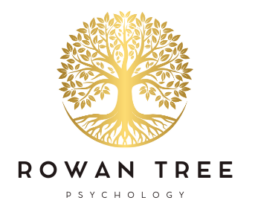When someone we love dies, it can feel like the world is ending, or empty, or irreversibly changed for the worse. Time doesn’t heal, the wound rarely seals, but we grow around it, making new attachments and having new experiences.
But what if the loss isn’t a person? What if the loss is our health, our energy, and everything that this enables in our life: relationships, social activities, work, fun, hobbies…the list goes on. And what if we can’t grow around the wound because everyday, there is a new wound?
This is what we call ‘non-finite’ grief, and it happens to people who suffer with chronic illness. It’s made all the harder by the fact most people don’t understand. There are no funerals, let’s be honest, how many of you even got flowers? And it’s not because people don’t care, it’s because they don’t get it. As humans we’ve evolved to be pack animals, part of a community, a village, a tribe, so when we feel misunderstood and disconnected form those around us, our distress is only magnified.
This is why therapy can help so much. An experienced therapist can help you navigate this grief process so you can reach a more accepting place.
For those of you who can’t access therapy, try letting your emotions out in other ways — I’ve written another blog post on just this.
And always remember, you are not alone. It may feel like you are, but there are millions of spoonies in the UK alone. Sometimes embracing the universality of our experience is just what we need to feel part of that village again.

